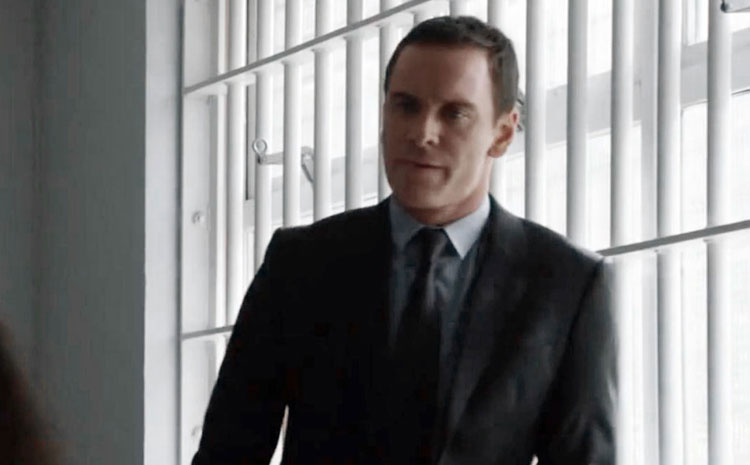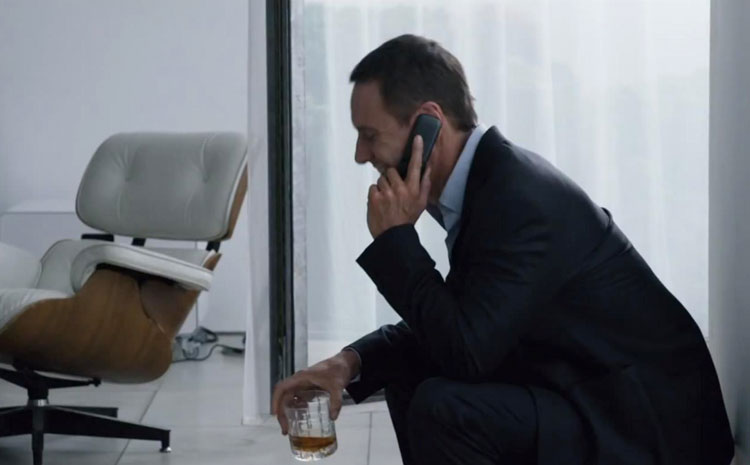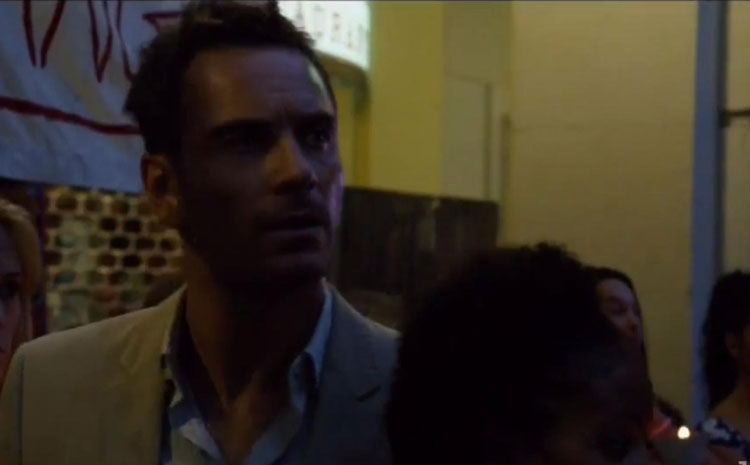
|

|

|

|

|

|

|

|

|

|

|


When Michael Ffaced the challenge of interpreting the lead role in Cormac McCarthy's first original screenplay, he wasn't about to quiz the renowned American novelist about the gaps in the script for the crime drama "The Counselor."
The actor figured the 80-year-old McCarthy "wasn't that type of guy." And besides, he had accepted of the enigmatic counselor from British director Ridley Scott precisely after being drawn in by a script he called "mysterious, original."
It had "this information that was withheld, drawing me in, and I have to fill in these blanks," Michael told Reuters. "Maybe some people find it frustrating, but I find if really interesting and provocative."
"The Counselor," which opens in U.S. theaters on Friday, is packed with lengthy monologues and lessons about the brutality of the drug trade along the U.S.-Mexican border. It brings to mind some of the films adapted from the Pulitzer Prize-winning author known for his bleak view of a violent U.S. Southwest like the Oscar winning "No Country for Old Men."
And yet, with McCarthy's signature sparse style, the information gaps around a Texas lawyer and a drug deal gone awry are about as big as the wide-open spaces of the Southwestern landscape featured in the film.
The counselor runs with a crowd of very wealthy people, so wealthy that Diaz's Malkina rides her horse on the vast expanses of a ranch along with her two cheetahs. They are damaged characters who have likely created wealth out of illicit means.
'DARKEST PART OF HUMAN BEING'
"The Counselor" is Michael's second collaboration with Scott, the director of 1982's groundbreaking "Blade Runner," after they made sci-fi action thriller "Prometheus" in 2012.
The actor describes the counselor as a "passenger character" - one heavily influenced by those around him rather than one who drives his life decisions. He, however, thinks he is driving.
"There's an arrogance to him," Michael said. "He thinks he is smarter than he is. It's the classic scenario where he is involved with all these criminals, vast amounts of money."

With a nice house and car and the desire to give his wife-to-be material wealth, the counselor turns to one drug deal with his friends to finance the life he wants to have. The deal begins to go bad and the cartel behind it takes down the group, one by one, in the most violent of ways.
Bardem, who won a best supporting actor Oscar for "No Country for Old Men," said the film conveys not only the ruthlessness of the drug trade but also the worst side of man.
"What the movie talks about is something that happens in Mexico and happens in other countries which is this drug world which is owned by very, very hard people," said Bardem.
"You're dealing with the darkest part of a human being, in the sense there is nothing these people wouldn't do," he added.
As the violence gets more extreme and the counselor finds himself becoming trapped, questions still arise about how he got to this point and what has happened to his associates and friends.

Michael thinks audiences are up for the task of filling in the gaps.
"I think their imagination and perception will be more interesting than what you can show them," he said. "As much as you can mix that up and leave those blanks, I think that is more effective."
